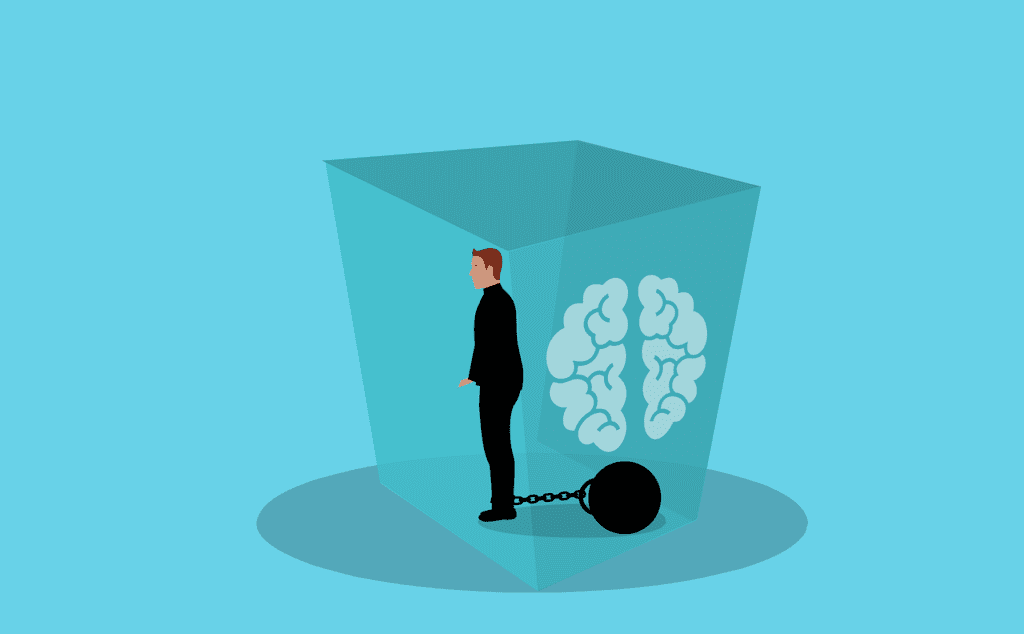Since 1992 April has been recognized as Stress Awareness Month. The aim is to raise awareness of the causes and cures of rising stress levels. This years’ theme is Community, which was chosen loneliness and isolation lowers people’s wellbeing, impacts mental health and can lead to mental illness, as discussed our earlier blog post.

The global pandemic has been a main reason for an exponential increase in stress levels across the world. As well as this, fast-paced lifestyles, high workloads, continued uncertainty, social and family pressures are common factors that lead to stress.
According to a recent report from the American Psychological Association “Gen Z teens (ages 13-17) and Gen Z adults (ages 18-23) are facing unprecedented uncertainty, are experiencing elevated stress levels, and are already reporting symptoms of depression.” It also concluded that two out of three adults experienced an increased level of stress during the pandemic. This is an alarming situation for us all.
I don’t want to demonize stress. Good stress helps us to feel motivated and to feel good about life. Too little stress is as harmful as too much.
However, frequently finding yourself in stressful situations, whether that is because we feel overwhelmed at work or because we have stressful life events affecting us at home, can lead to poor mental health outcomes. Excess stress can impact all aspects of your life: mental, physical and emotional. We need to be aware of the impact excessive stress has on the human body.
The stress response can be experienced differently by everyone, we all have our own unique triggers. It’s generally an unconscious response or reaction to a situation that makes us feel anxious or threatened. While we have different responses to stress, the impact on the body is the same. It leads to deterioration of both physical and mental health. Short-term stress may result in headaches, numbness, frustration, or other health problems. Long-term stress can lead to depression and serious medical complications such as a stroke.
How to cope with stress
The first step towards reducing stress is recognising when you are stressed, and choosing to take action. When taking action it is important to understand what you can and can’t control. Getting anxious about situations that you cannot control simply adds to your stress levels. I often encourage trainees to identify the things they can control and choose a course of action, then focus on the things they cannot control and work out how to let it go, maybe they need to reach out and talk to someone about how they feel instead of trying to control the uncontrollable. By taking the time to do this we can reduce our stress levels.
Of course, this takes practice, and sometimes a good friend to point out what we can and can’t control.
I often think of the Serenity Poem/Prayer when facing stressful situations:
Grant me the serenity to accept the things I cannot change
The courage to change the things I can
And the wisdom to know the difference
By reminding myself of this I allow myself to find my perspective and to focus on what I can change.
Next time you feel stress creep up give yourself permission to step back, take stock of your situation and focus on what you can control (normally this is just your response to the situation), you will gain greater clarity, feel calmer and less stressed.
We run three half-day training sessions for managers to help Promote and Support Good Mental Health at Work
The aim of the sessions is to help you engage your managers in creating an open culture to reduce stigma and allow everyone to openly talk about mental health at work while recognising the limits of their responsibility.




